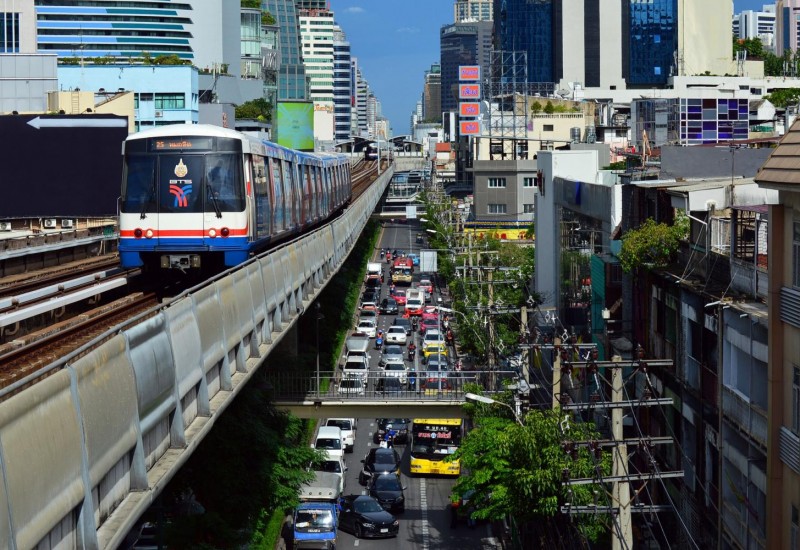

Before moving to Thailand things to think about.
Moving to live in Thailand can indeed be a significant change, and there are various factors to consider to ensure a smooth transition. Here are some key considerations:
- Visa Requirements: Ensure you understand the visa requirements for living in Thailand. Depending on your purpose (work, retirement, etc.), there are different visa options available.
- Cultural Differences: Thailand has a unique culture with its own customs and traditions. Take the time to learn about Thai customs, etiquette, and social norms to help you integrate better into the local community.
- Language: While many Thais in urban areas may speak some English, especially in tourist-heavy areas, learning basic Thai can be immensely helpful for day-to-day interactions and making local friends.
- Cost of Living: Research and understand the cost of living in the specific area of Thailand you plan to move to. This includes accommodation, transportation, food, and healthcare. Costs for imported goods will be very high. It should be considered that Thailand is not a cheap country to live in anymore.
- Healthcare: Investigate the healthcare system in Thailand and consider getting health insurance that covers medical expenses. Thailand has both public and private healthcare facilities, with the latter often preferred by expatriates. Health insurance is affordable and a must have for all expats.
- Work Opportunities: If you're planning to work in Thailand, research job opportunities and understand the work culture. Networking can be crucial for finding job opportunities. The most successful expats work online or create their own businesses such as restaurants and entertainment venues. However others have been successful in Accounting and other industries.
- Climate: Thailand has a tropical climate with a distinct rainy season. Consider how comfortable you are with the weather and whether it aligns with your preferences. Rainy season results in heavy rain for around 1 hour per day.
- Local Laws and Regulations: Familiarize yourself with local laws and regulations, including those related to property ownership, driving, and other day-to-day activities.
- Banking and Finances: Set up a local bank account and understand the financial infrastructure. This will make it easier to manage your finances and handle transactions.
- Social Connections: Building a social network can be essential for your well-being. Attend local events, join clubs or organizations, and make an effort to meet both locals and fellow expatriates.
- Education (if applicable): If you have children, research the education system in your chosen location. Determine if there are suitable schools that meet your standards. If not correspondence and of home schooling if that’s an option
- Transportation: Understand the transportation options available. In major cities, public transportation is often well-developed, but in more rural areas, you might need your own transportation.
Remember, preparation is key when moving to a new country. Take the time to research and plan accordingly to make your transition to life in Thailand as smooth as possible. It is suggested to rent an apartment for 3 to 6 months before making a more permanent move. This gives time to travel around and see other area that might be more suitable.
Pattaya is common for expats. However, Places like Bangkok, Chiang Mai and Issan are on the rise.
I have now lived in Thailand for 19 years and have several successful businesses including BOI sponsored back office and call centre for my offshore operations.
What's your reaction?













Comments
Leave a Reply